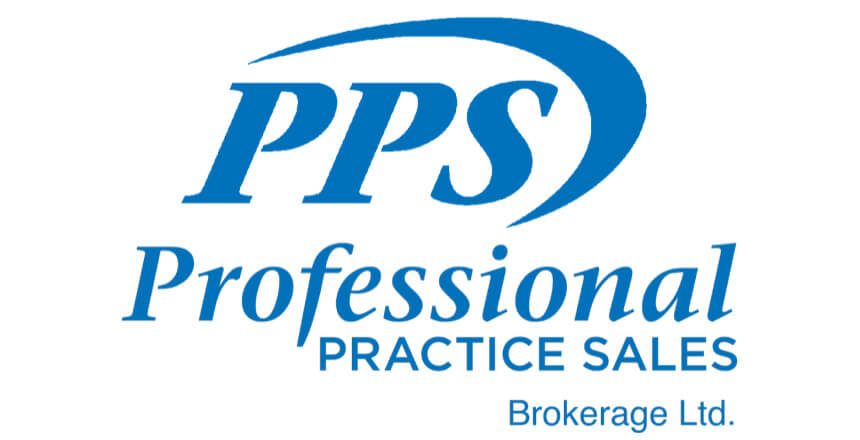
As we go about valuing and brokering dental practices we come across all kinds of situations relating to the premises that dentists choose to occupy to practice their profession. There is everything from one lonely room in the back of a medical clinic to the dentist that owns the biggest building in town. Most dentists however have a lease for their space and this lease is a very important, and often an overlooked, asset of the practice. This article is not about how to enter into a lease or how to renew a lease. There are experts in that field (one of the best writes in this publication) and I would strongly encourage you to use the services of an expert at that stage. What I want to cover is why a premises lease is so important from a practice value perspective.
Regular readers of The Professional Advisory will remember that “Patients and Profit” are the two biggest contributors to dental practice value. This is because the purchaser of the practice wants to be able to seamlessly pick up where the vendor left off and needs patients and profit to do that. The purchaser also requires a place to see those patients, and the best chance for a smooth transition is at the same place that the patients are used to. This means the premises lease needs to either be assigned to the purchaser or the purchaser will need to negotiate a new premises lease. Therefore, your landlord now plays a critical role in enabling you to sell you practice. Do you know your landlord? Do you have a good relationship with your landlord? If not, you should as you will need it one day.
In the current market, buyers usually extend the financing for the purchase of a dental practice to ten years. The banks are generally comfortable with this term on the condition that the premises lease (including options) is of an equal or greater term. This is where the fun begins. Most dentists enter five plus five year leases. Therefore after one year of your current lease you only have nine years left meaning anyone who wants to buy your practice not only has to get your present lease assigned, they also have to extend the term. A simple assignment is not usually a problem, as most leases contain a clause that states “the tenant has the right to assign the lease with the landlords’ consent, such consent not to be unreasonably withheld”. Nowhere does it say however that they have to be reasonable with an extension.
Landlords are in the business of making money and speculating on real estate. While they structure their businesses to produce profit as they collect each monthly rent cheque from their tenants, they also look at the longer term capital appreciation of their underlying asset (your space) and they want to make sure it is being utilized to its highest and best use. The longer they agree to let you have access to the space, the less flexibility they have on what they can do with their asset. When a commercial property is newer, this is not usually a concern, but any property over 20 years old may be able to produce more income if it was demolished and rebuilt as something else. An example of this occurred recently with a dentist who renewed his lease for the third or fourth time. This time the landlord changed one word in the lease that nobody noticed until it was almost too late. We had listed the practice for sale and that one word almost caused the whole practice sale to fall apart. The word “the” was changed to the word “this” in a clause relating to the option of the landlord to demolish the building by giving the tenant one year’s written notice. In the previous lease the demolition clause was referring to “the” option period in the future. In the renewal the demolition clause referred to “this” option period. Therefore, much to the vendor’s dismay there was a current demolition clause in the active term of their lease. Fortunately, both purchaser and vendor had retained talented dental lawyers who were able to favourable renegotiate the lease with the landlord on terms that were acceptable to the purchaser and the deal closed. That was a good outcome that was very stressful and could have been avoided completely with a good understanding of the language in the lease.
Whether you are thinking of selling your practice or not, I would highly recommend that you become familiar with your lease. I understand it is a big unruly document. If you prefer, you can have a lease broker or lawyer review it for you and advise you if there are any shortcomings that you should try to correct in the next renewal. It is a very important contributor to the value of your practice. An unfavourable lease or an un-cooperative or greedy landlord can cause the sale of your practice to be stalled or in the worst case fall apart all together.

